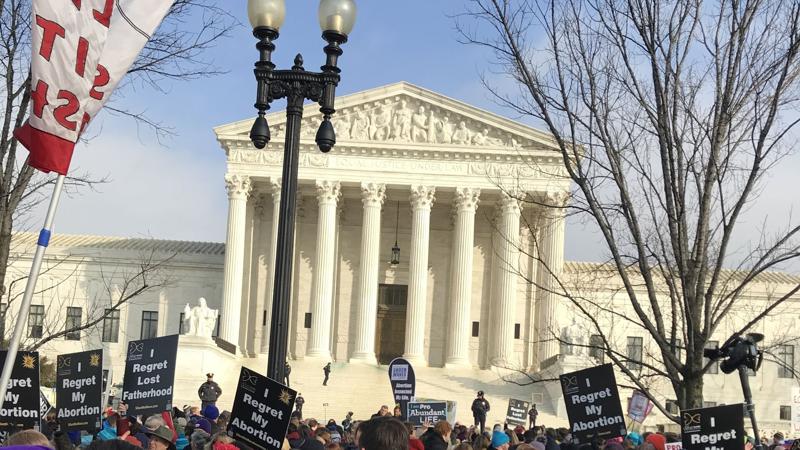With the U.S. Supreme Court ruling Friday that a district court cannot block the president from terminating federal contracts, President Donald Trump will likely face much less legal pushback as he continues efforts to downsize the federal government.
The 5-4 decision reversed a temporary restraining order issued by a Boston federal court that blocked the Trump administration’s decision to cancel $65 million in grants for teacher training programs that included diversity, equity, and inclusion initiatives.
The majority reasoned that while temporary restraining orders are generally not appealable, the judge’s order – like many recently issued from or requested of other district courts – functions the same as a preliminary injunction, which is appealable.
The district court judge in this case had issued the restraining order under the Administrative Procedure Act, which allows for repealing final agency actions.
But presidential actions do not qualify as agency actions, and the APA is not meant to compel the fulfillment of federal contractual obligations, the justices said. Instead, the Court of Federal Claims is supposed to hear lawsuits regarding federal contracts.
“[The ruling] makes very clear that these remedies for money damages based on contracts have to go to the Court of Federal Claims,” Devin Watkins, an attorney at the Competitive Enterprise Institute, told The Center Square. “Congress has set up its own special court system specifically to handle these kinds of issues – these kinds of issues need to be sent there.”
Given the limited jurisdiction of the Court of Federal Claims, the grantees in the case could possibly receive money damages but wouldn’t see the reinstatement of the federal contract, Watkins added.
Thomas Berry, director of the Cato Institute’s Robert A. Levy Center for Constitutional Studies, said the case sets an important legal precedent that “could have a lot of applicability to the other claims that the executive branch needs to spend money that was statutorily required.”
“A lot of these other temporary restraining orders being issued by district courts are going to be appealed and circuit courts are more likely to construe those as appealable preliminary injunctions on the basis of this precedent,” Berry told The Center Square.
Conservative legal scholars who accused district judges of overstepping their authority are celebrating the Supreme Court’s ruling.
“Hopefully this means that district court judges will finally start obeying the rules,” Hans von Spakovsky, manager of The Heritage Foundation’s Election Law Reform Initiative, told The Center Square. “The judge in this case ought to know that…This federal judge violated the law.”






